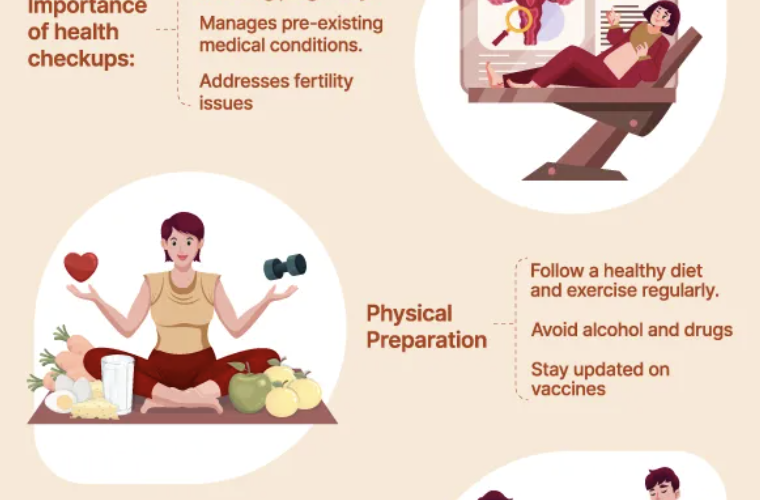A vaginal yeast infection is a common fungal infection in the vagina and vulva (tissue in the vaginal opening) and is also called vaginal candidiasis. It is most often caused by a type of yeast called Candida albicans.
What causes vaginal yeast infections

Free Thursday Consultation
Book Your AppointmentIn the vagina, there is normally a balanced growth of bacteria and yeast. Some bacteria like the Lactobacillus keep the growth of yeast in check. But sometimes, this balance can be disrupted leading to an excessive multiplication and growth of the yeast cells causing a yeast infection. This could be caused by various reasons like taking certain antibiotics which can kill some healthy bacteria, pregnancy which causes hormonal changes, uncontrolled diabetes which causes high blood sugar levels, birth control pills, weak immune system, menstruation, stress or wearing moist, tight clothing which could provide a breeding ground for yeast.
Symptoms
Some of the symptoms of vaginal yeast infections could include an itching or burning sensation when urinating or having sex. It could also cause redness and swelling in the vulva, thick white vaginal discharge, and a vaginal rash. Some of these symptoms are similar to having a sexually transmitted disease and so you should get it checked by your doctor although it is not considered to be a sexually transmitted infection. However, mild infections might have no symptoms at all. If you often have yeast infections, it could be an indication of an underlying health condition like diabetes.
Treatment
Vaginal yeast infections could be treated by antifungal medications which could be oral medications or topical in the form of a cream or a vaginal suppository which is inserted into the vagina where it dissolves to deliver medications into the vagina. Cotton underwear could be worn to absorb any moisture. You could take some probiotics which are made up of good bacteria in the form of supplements or certain foods like yoghurt, buttermilk or some fermented foods. Most medications will work quickly within a week’s time. However, if it’s a severe case, it might take longer to resolve.
Does it affect fertility
A vaginal yeast infection does not directly affect fertility. However, it can indirectly affect it because sex might be painful and uncomfortable and the woman might be put off from having sex. However, if you are often getting vaginal yeast infections, it could affect the consistency of the cervical mucus and also the pH of the vagina and prevent the sperm from getting past the vagina into the uterus and reaching the egg. If you have a severe case of vaginal yeast infection, it may take longer to treat up to a few months. Just be aware that these same symptoms could also be due to more serious conditions like gonorrhoea and chlamydia which could cause scarring and blockage of the fallopian tubes causing infertility. So, make sure to get it checked out by a doctor. If a yeast infection remains untreated, it could cause additional health problems like infection in the blood. Also repeat infections or if treatment doesn’t affect the infection, it could point to diabetes which is poorly controlled or rarely other diseases like HIV.
Prevention
Some things you can do to prevent infection include following a healthy diet like fruits, vegetables and yoghurt and getting regular exercise. Try to avoid consuming excessive sugary foods. Keep the vaginal area clean and dry and try to avoid using scented soaps and douching which can affect the natural pH balance of the vagina. If you have to take antibiotics, you should also take probiotic supplements or other foods like yoghurt which have healthy bacteria. Try not to wear tight clothes, wet swimsuits or sweaty clothes for long periods of time, wear cotton underwear and keep the vaginal area dry. During your time of menstruation, try to change pads and tampons often and use chemical free pads preventing any infection. So, in conclusion, yeast infections are treatable and it cannot directly affect your fertility. If you want to know more about vaginal yeast infections, feel free to talk to the experts at Xenith Advanced Fertility Centre.




